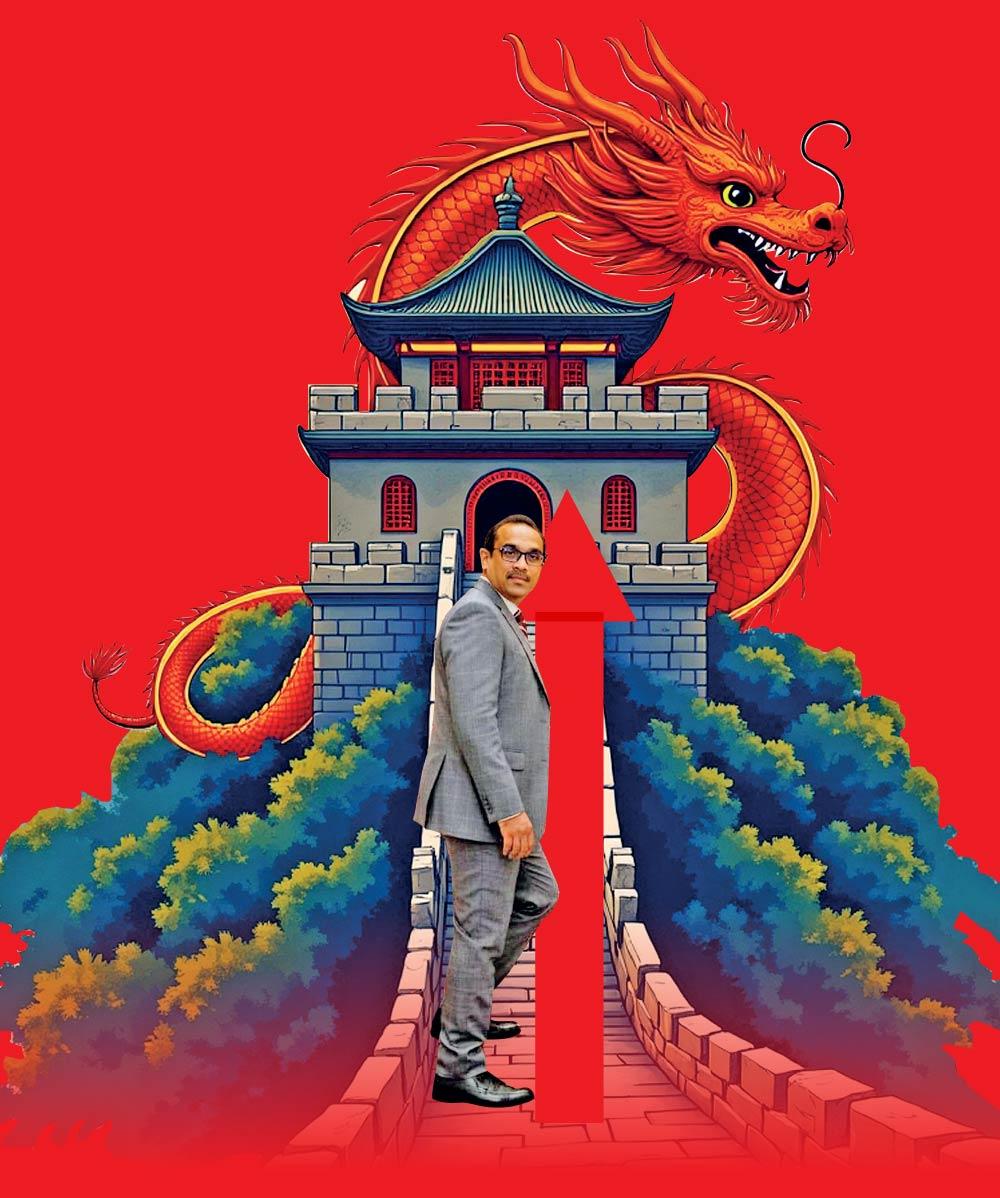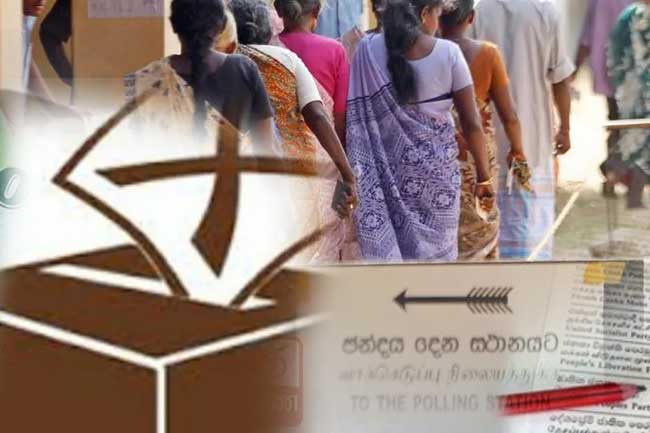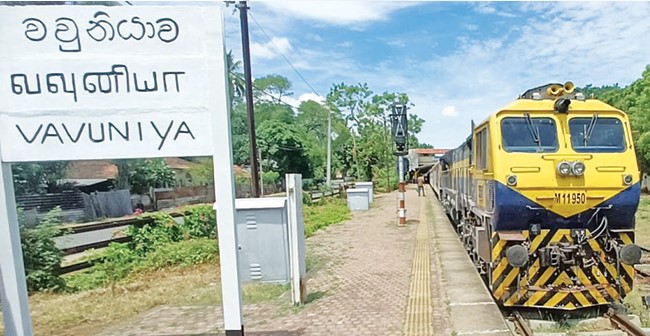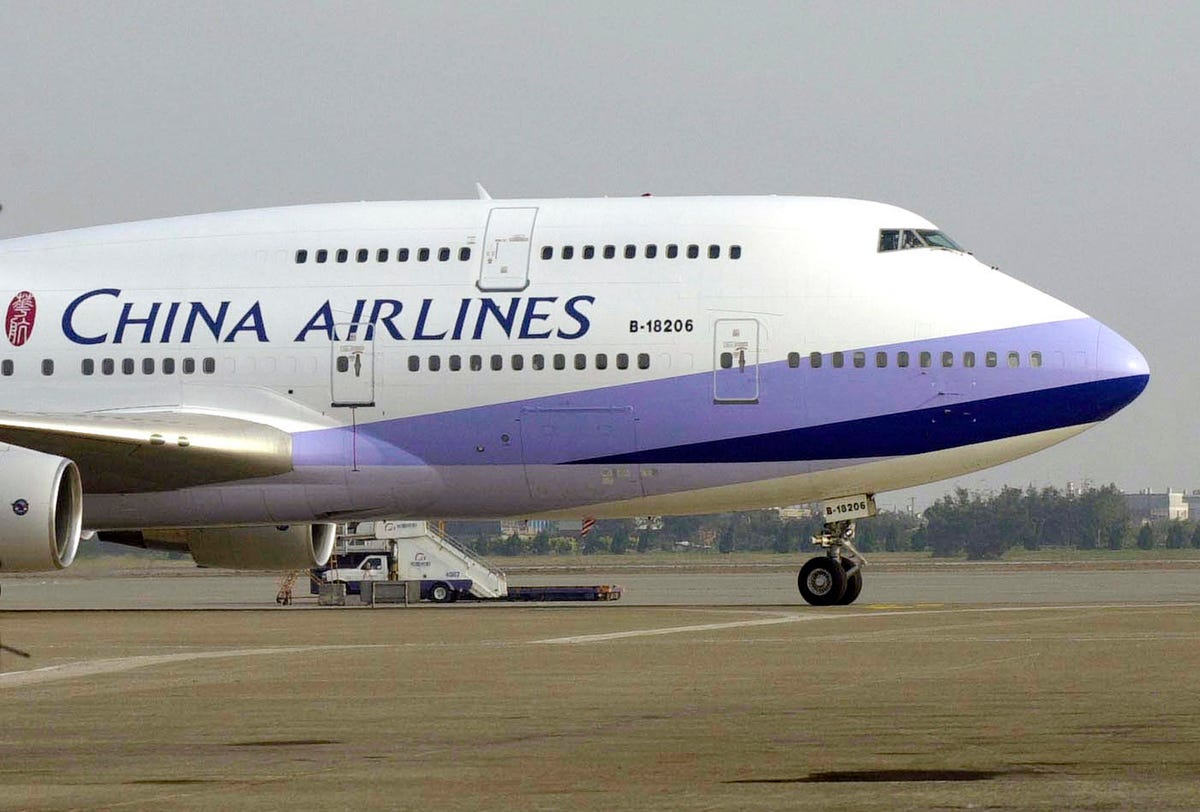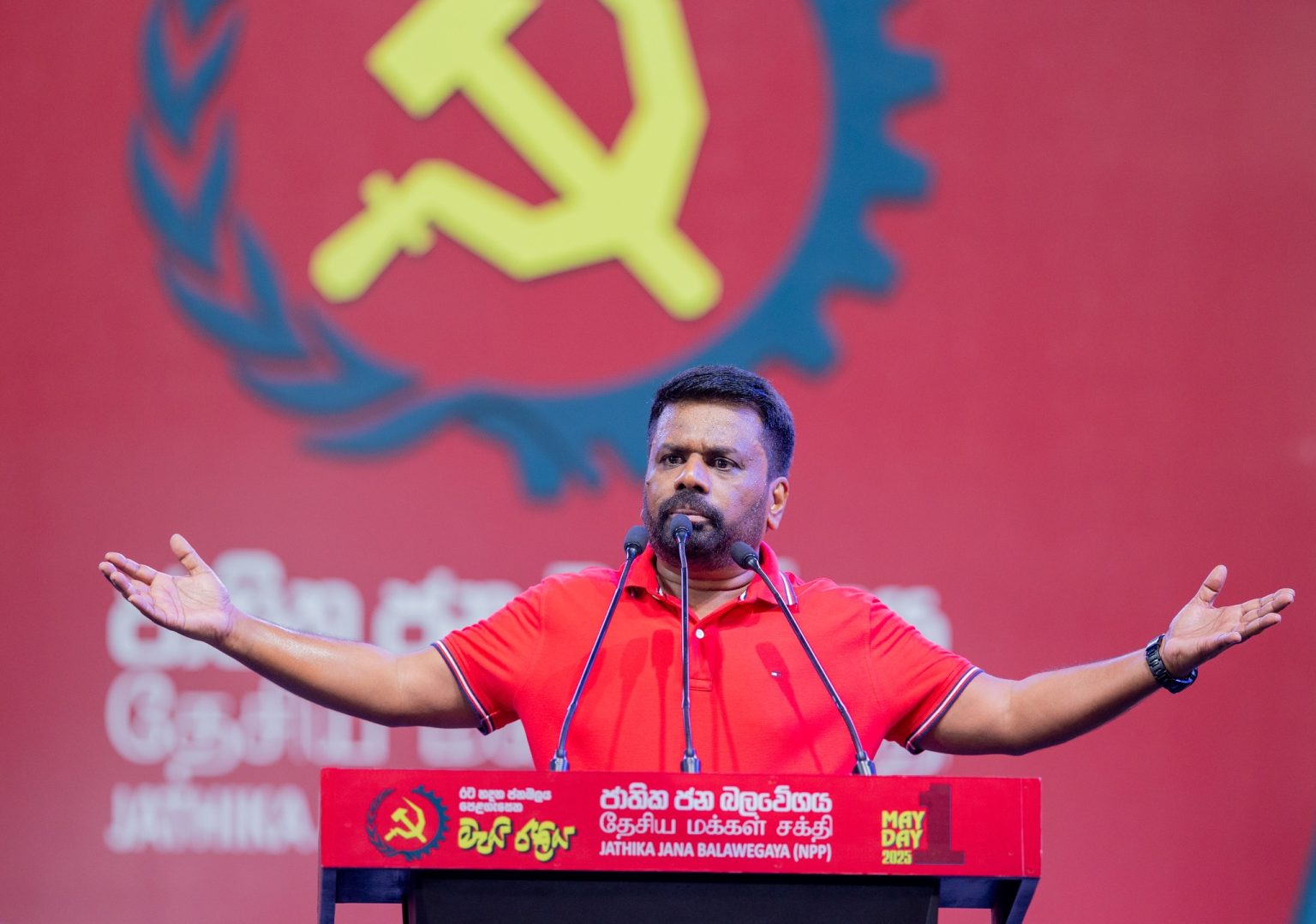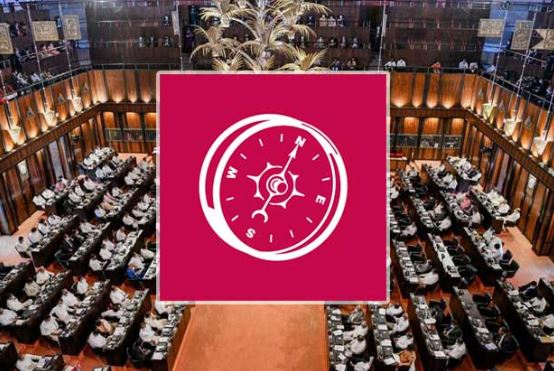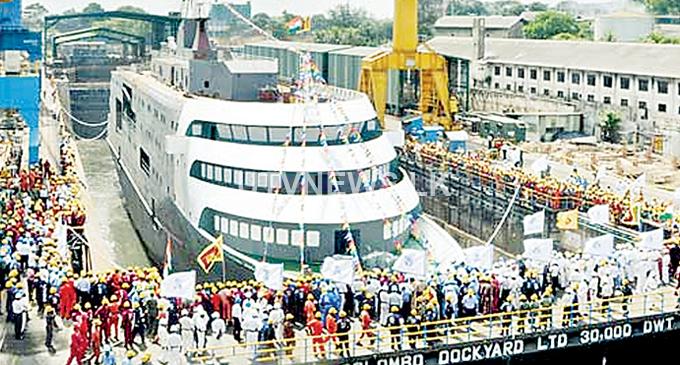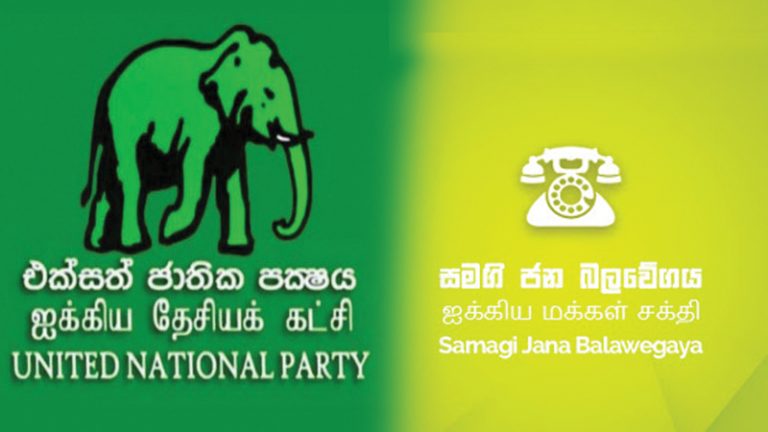In a bid to deepen ideological and political engagement with Beijing, the Janatha Vimukthi Peramuna (JVP) — a key constituent of the ruling National People’s Power (NPP) — has stepped up its interaction with the Communist Party of China (CPC), seeking to learn from China’s experience in achieving economic growth, political stability, and public trust, while moving ahead with the implementation of the Memorandum of Understanding signed between the two parties.
Transport, Highways and Urban Development Minister Bimal Rathnayake who is a politburo member recently made a tour of China and had wide ranging engagements with the CPC which is the sole authority of one-party rule in that country.
In a Facebook post, Minister Rathnayake said that during his visit, he held talks with Liu Haixing, Head of the International Department of the Communist Party of China (CPC). He said the discussion focused on the CPC’s commitment to rebuilding China, sustaining stability while winning public trust, driving development through progressive reforms, implementing strong anti-corruption measures, and maintaining party discipline.
“They (CPC) emphasized the importance of environmental conservation, social welfare and protection,” he said in the post.
Besides, he said the two sides discussed the implementation of matters envisaged in the MoU between the two parties.
Mr. Liu took charge in the new position replacing Liu Jianchao, 61, as head of the party’s international department recently. Mr. Liu Haixing previously served as a senior director of a powerful party commission overseeing national security. He had studied in Paris in the 1980s. He is an expert on European affairs.
The CPC maintains relations with all the key political parties in Sri Lanka including the United National Party (UNP), Sri Lanka Podujana Peramuna (SLPP) and Samagi Jana Balawegaya (SJB).
President Anura Kumara Dissanayake visited Beijing at the beginning of this year. During Mr. Rathnayake’s visit, attention was also drawn to the areas discussed at that time. Before Mr. Rathnayake, JVP General Secretary Tilvin Silva toured China and had engagements with the CPC leaders.


